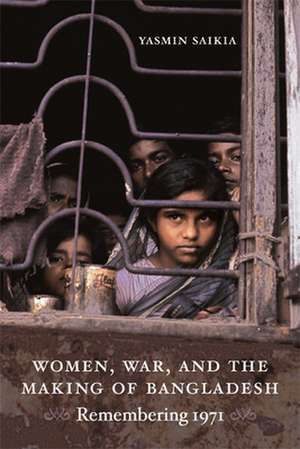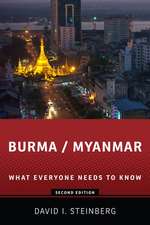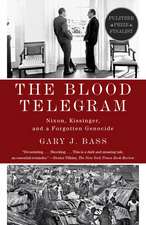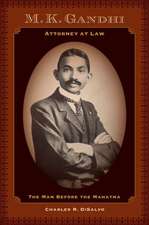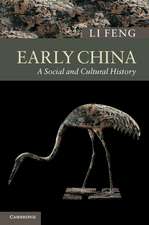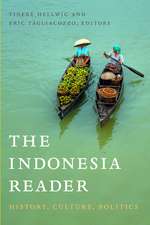Women, War, and the Making of Bangladesh – Remembering 1971
Autor Yasmin Saikiaen Limba Engleză Paperback – 9 aug 2011
Preț: 193.66 lei
Nou
Puncte Express: 290
Preț estimativ în valută:
37.06€ • 38.55$ • 30.60£
37.06€ • 38.55$ • 30.60£
Carte disponibilă
Livrare economică 25 martie-08 aprilie
Livrare express 08-14 martie pentru 29.31 lei
Preluare comenzi: 021 569.72.76
Specificații
ISBN-13: 9780822350385
ISBN-10: 0822350386
Pagini: 336
Ilustrații: 16 photographs, 3 maps
Dimensiuni: 167 x 226 x 20 mm
Greutate: 0.44 kg
Editura: MD – Duke University Press
ISBN-10: 0822350386
Pagini: 336
Ilustrații: 16 photographs, 3 maps
Dimensiuni: 167 x 226 x 20 mm
Greutate: 0.44 kg
Editura: MD – Duke University Press
Cuprins
Preface; Acknowledgments; Glossary of TermsPart I Introducing 19711. The Told and Untold Stories of 1971; 2. Creating the History of 1971Part II. Survivors Speak3. Victims Memories; 4. Womens Services; 5. Womens WarPart III. A New BeginningPostscript: Lessons of ViolenceReferences; Notes; Index
Recenzii
From victims and perpetrators, women and men, Yasmin Saikia has gathered first-person accounts of the gendered violence of the 1971 Bangladesh war of independence. No one else has met this challenge, and few will be able to think about the future of South Asia without reference to her extraordinary account, which is at once bold and evocative, clearheaded and hopeful. Bruce Lawrence, co-editor of On Violence: A ReaderThis outstanding book offers an entirely new perspective on the dynamics of the Bangladesh War of 1971, focusing on the memories of Bangladeshi women. Full of pathos, it is an indictment of societies indifferent to womens suffering, even when women become targets of violence. It will be welcomed by readers interested in genocide, womens issues, political violence, and especially by those South Asians who witnessed the horrors of 1971 firsthand. Rafiuddin Ahmed, author of Religion, Identity, and Politics: Essays on Bangladesh
Notă biografică
Descriere
Sheds new light on the relationship between nation, history, and gender in postcolonial South Asia
